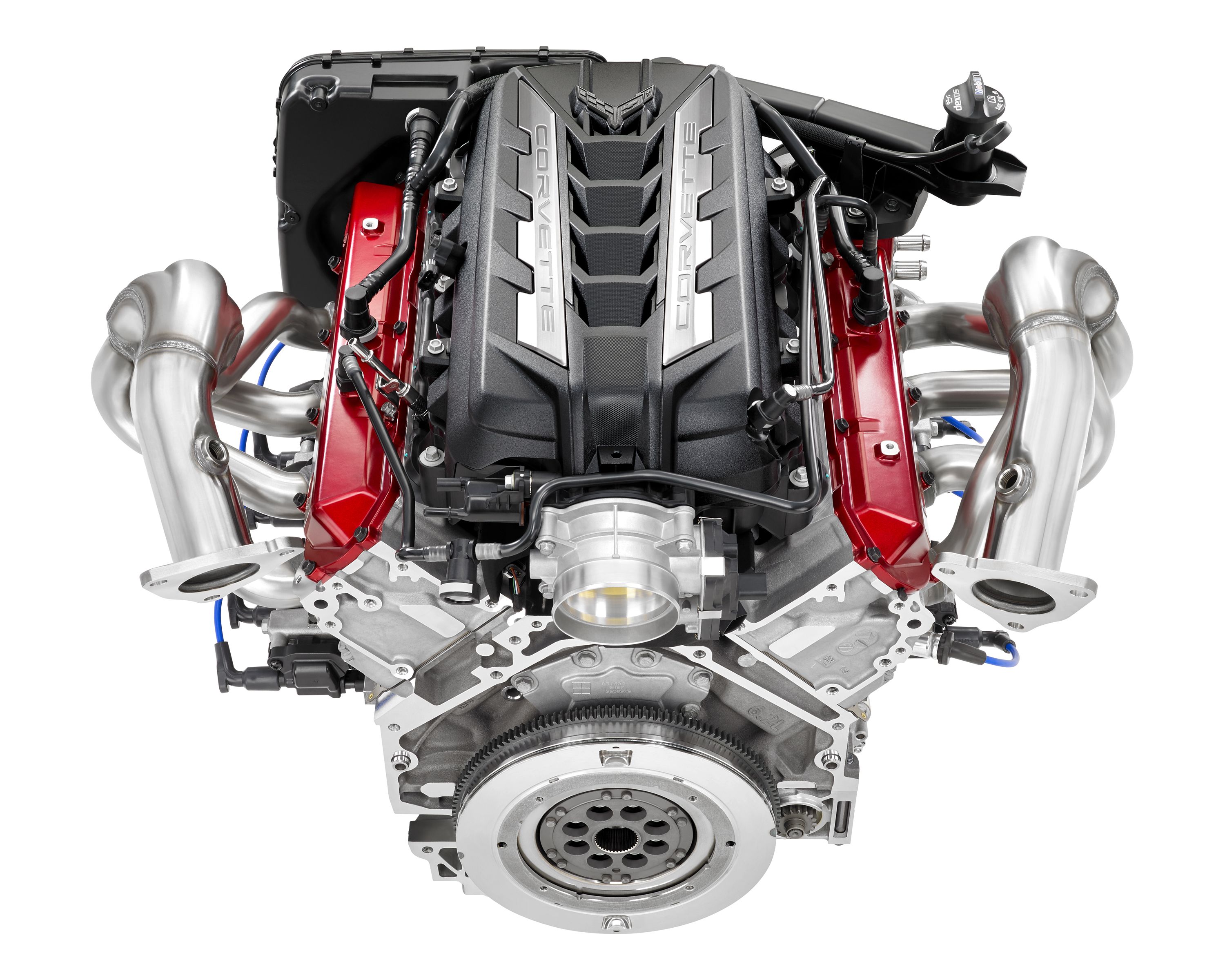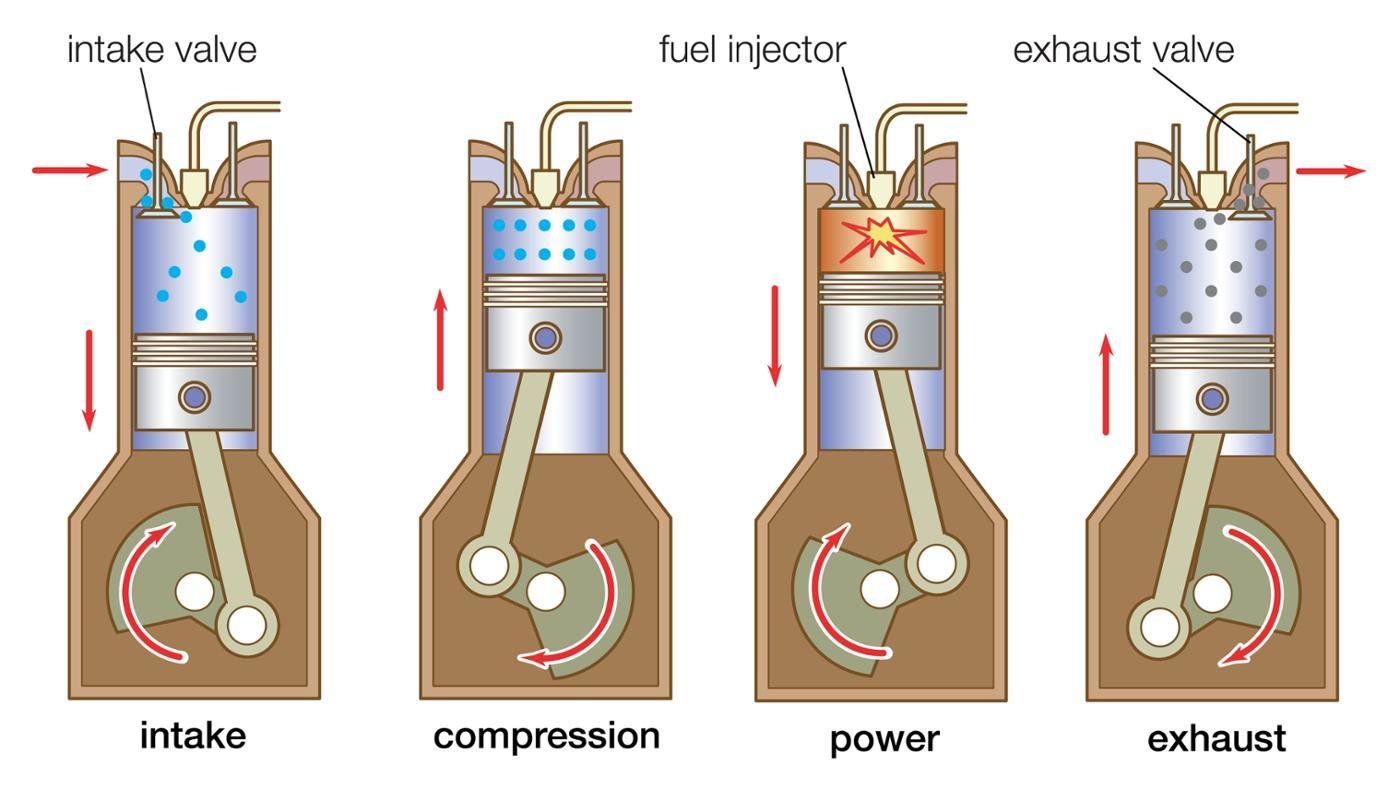Engines For Africa: Leading Service Provider of Premium Engines
Engines For Africa: Leading Service Provider of Premium Engines
Blog Article
A Total Guide to Picking the Right Engine for Your Task
Choosing the appropriate engine for your job is an essential decision that can considerably affect its total success. It is crucial to carefully define your project needs, review efficiency needs, and consider user-friendliness together with other vital aspects. In addition, understanding the community assistance readily available and scrutinizing expense ramifications can additionally improve your choice. Each of these elements plays a critical duty in guaranteeing that your picked engine not only meets instant purposes but also lines up with long-term desires. As we check out these considerations, you may locate that the nuances of each element reveal more than initially expected.
Specify Your Job Demands
Defining your job requires is an essential action in picking the proper engine for effective application. A detailed understanding of your task's purposes will guide you in identifying the functions and capabilities needed from an engine. Begin by detailing the extent of your job, including the preferred performance, target market, and the specific outcomes you aim to attain.
Next, think about the technological requirements that line up with your task objectives. This includes examining the compatibility of the engine with existing systems, in addition to the programming languages and frameworks that will be utilized. Additionally, assess the degree of scalability called for to accommodate future growth or changes sought after.
Budget restrictions additionally play a vital function in specifying your project requires. Develop a clear economic framework to direct your decision-making procedure, making certain that the engine selected fits within your budget while supplying the essential capability.
Evaluate Performance Requirements

Engines that support horizontal scaling are frequently preferable for larger applications. Furthermore, evaluate the engine's performance under different conditions, such as peak usage scenarios, to guarantee it meets your integrity standards.
Take Into Consideration Simplicity of Use
While technical specifications are important, the convenience of use of an engine can significantly affect the advancement process and general task success. An user-friendly user interface, clear paperwork, and structured workflows can considerably reduce the learning contour for developers, enabling them to concentrate on imagination and analytical rather than facing complicated devices.
When reviewing an engine's ease of use, consider the onboarding experience. A well-structured intro, total with tutorials and example jobs, can facilitate a smoother shift for new individuals. Additionally, the clearness and comprehensiveness of the engine's documentation play a critical role; comprehensive guides and API referrals can equip programmers to fix and apply functions successfully.
Another element to consider is the engine's personalization capabilities. An engine that enables for very easy modifications can be a lot more user-friendly, as designers can customize it to fit their specific requirements without considerable trouble. Last but not least, examine the operations integration with systems and devices you Engines For Africa currently utilize. A natural ecological community can enhance efficiency and lower rubbing throughout the development process. Ultimately, choosing an engine that prioritizes simplicity of use can cause a much more delightful and productive development experience.
Assess Community and Assistance
The strength of an engine's neighborhood and support network can substantially influence a developer's experience and success. When examining an engine, consider the dimension and activity level of its community.
Additionally, examine the availability of main support networks. Reliable documents, responsive client assistance, and routine updates are crucial for attending to technological problems and keeping your task on course. Engines For Africa. Active areas also promote cooperation, offering possibilities for networking and feedback, which can be vital, particularly for independent designers or tiny teams
Furthermore, check out the visibility of community-run events, such as meetups or hackathons. These events can improve your web link understanding of the engine while attaching you with experienced individuals and prospective collaborators. In summary, a robust neighborhood and support group not just enhance growth yet also create an atmosphere for discovering and advancement, eventually improving the likelihood of your job's success.
Compare Expense and Licensing Choices
Budget plan considerations play a vital duty in picking the ideal engine for your job, as the expense and licensing choices can substantially affect both short-term expenses and long-term viability. Engines For Africa. Various engines supply differing prices structures, which can include single acquisition costs, registration versions, or revenue-sharing contracts based on your project's earnings

Licensing alternatives additionally vary considerably. Some engines are open-source, using versatility and community-driven support, while others might need proprietary licenses that limit use and distribution. Understanding the effects of each licensing design is important, as it affects possession legal rights, future scalability, and potential lawful responsibilities.
Conclusion
To conclude, picking the proper engine for a project requires a thorough examination of defined job demands, efficiency requirements, convenience of use, area support, and price factors to consider. By systematically resolving these important elements, decision-makers can make certain positioning with both future and present project demands. A knowledgeable choice inevitably enhances the chance of project success, allowing reliable resource appropriation and optimizing potential results within the defined budgetary restrictions.
Selecting the suitable engine for your task is a crucial choice that click resources can substantially impact its general success.Specifying your job requires is an essential action in picking the suitable engine for effective execution. A comprehensive understanding of your job's purposes will direct you in identifying the attributes and abilities called for from an engine.When you have a clear understanding of your job requires, the following action is to examine the efficiency needs of the engine.In conclusion, selecting the proper engine for a job demands a comprehensive examination of specified task demands, efficiency needs, ease of use, community assistance, and price considerations.
Report this page